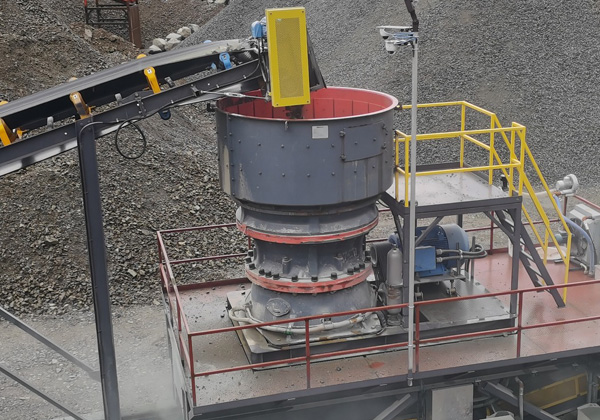Mining operations rely heavily on crushers to break down large stones into smaller, manageable sizes suitable for processing, transportation, and further refinement. Different types of crushers are designed to handle specific materials, ensuring optimal efficiency and productivity. Below, we explore some of the most common crushers used in mining various types of stone.
1. Jaw Crushers
Jaw crushers are primary crushers used for coarse crushing in mining. They work by compressing rock between a fixed and a moving jaw plate. These crushers are ideal for hard and abrasive materials such as granite, basalt, and quartz. They offer high reliability and are well-suited for primary crushing stages in mining operations.
2. Cone Crushers
Cone crushers are widely used in secondary and tertiary crushing stages. They operate by squeezing the stone between an eccentrically rotating mantle and a concave liner. Modern cone crushers, such as the Nordberg® HPe™ series, enhance crushing efficiency with improved automation and higher throughput. These are excellent for medium-hard rocks like limestone and dolomite.

3. Impact Crushers
Impact crushers use high-speed impact forces to break down stones. They are commonly used for softer materials like limestone, gypsum, and coal. These crushers are highly efficient in producing uniformly shaped aggregates and are ideal for recycling and mining applications.
4. Hammer Crushers
Hammer crushers rely on rotating hammers to crush material against breaker plates. They are effective for brittle materials like shale, coal, and certain ores. However, they require frequent hammer replacement when used on very hard rocks.
5. Roll Crushers
Roll crushers consist of two counter-rotating cylinders that crush materials through compression. They are ideal for medium-hard and softer stones like coal, clay, and phosphates. Single-roll, double-roll, and multi-roll crushers offer flexibility depending on the required crushing ratio.
Choosing the Right Crusher
Selecting the appropriate crusher depends on factors such as:
- Material hardness – Jaw and cone crushers handle harder stones, while impact and hammer crushers suit softer materials.
- Final product size requirement – Cone and jaw crushers provide finer output, whereas roll crushers are better for intermediate sizes.
- Production capacity needs – Automated cone crushers like HPe Series offer high-throughput solutions for large-scale mining.
Future Trends in Crusher Technology
Modern crushers integrate advanced automation (e.g., IC70C and MCP systems) for real-time monitoring and optimization. Additionally, mobile crushers like Lokotrack® series enhance mobility in mining sites, reducing the need for fixed installations.
Conclusion
Selecting the right crusher ensures efficient stone processing with minimal downtime and maintenance. Whether mining granite, limestone, coal, or other minerals, choosing between jaw, cone, impact, hammer, or roll crushers depends on material properties and operational goals. Advancements in automation and mobile crushing continue to revolutionize the industry, improving productivity and sustainability in mining operations.
For more details on high-performance crushing solutions, consult leading manufacturers specializing in mining equipment.
